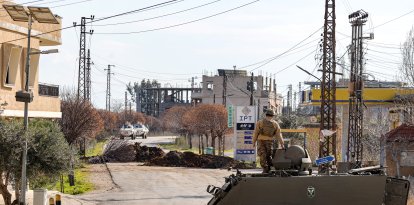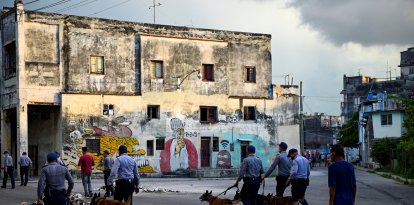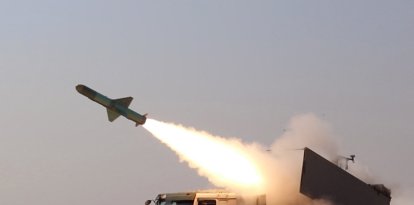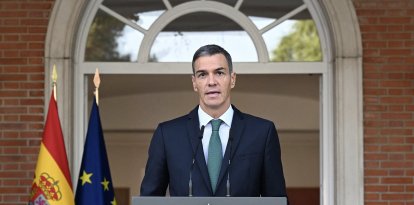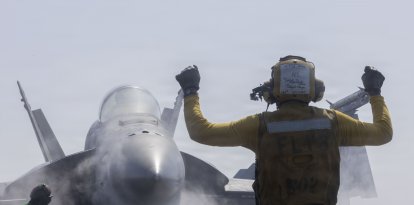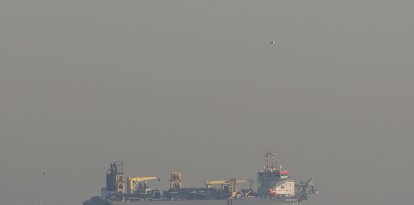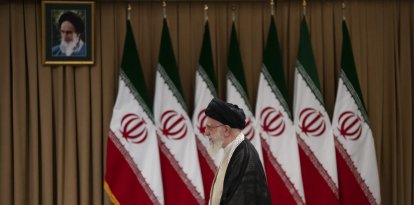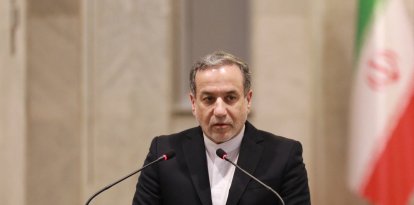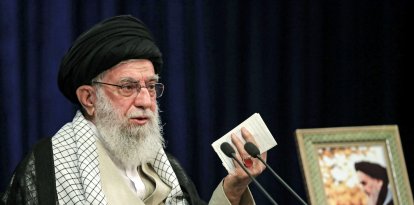What is happening in Sudan?
The most important keys to understand what is happening in the African country, immersed in civil war since April 15.
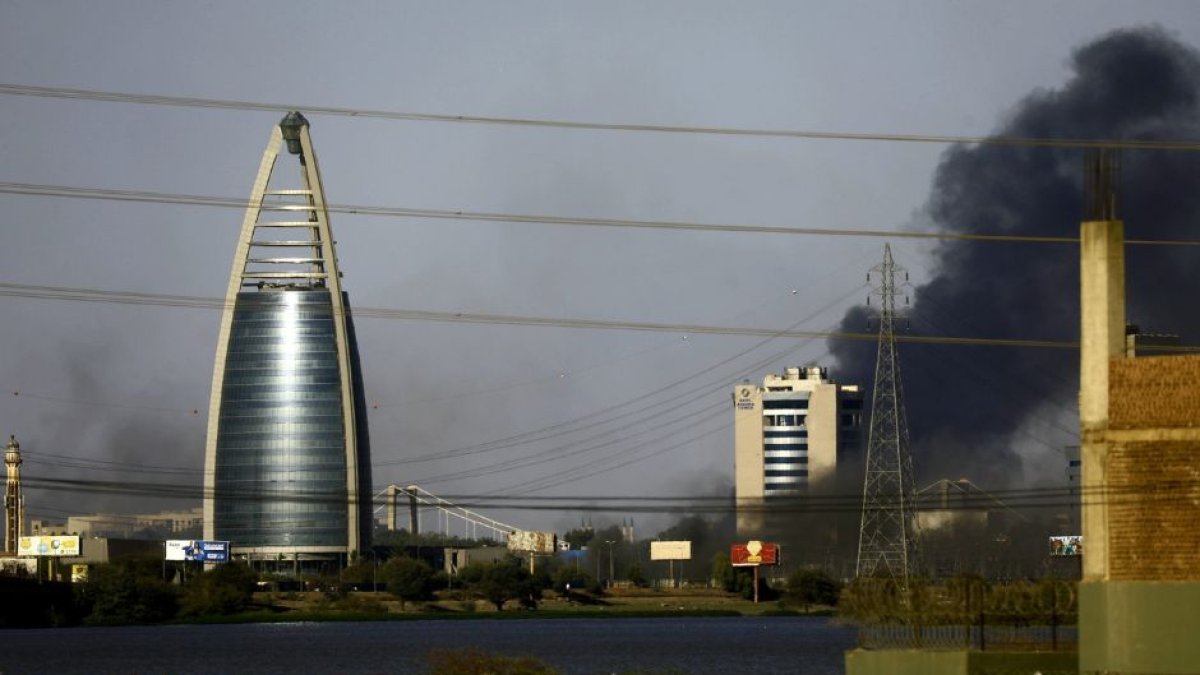
( Cordon Press /
The U.S. government succeeded this Sunday in evacuating its embassy staff in Sudan. He carried out an operation that defense analysts described as "seamless" and "textbook." Three MH-47 Chinook heavy-lift helicopters flew overnight from Djibouti to Khartoum and about an hour later resumed flight with all the diplomats and their families. This is the second diplomatic evacuation so far in the Biden Administration. How did this situation come about and what is happening in Sudan?
The situation in Sudan
Sudan is located south of Egypt and borders seven other countries (Libya, Egypt, Chad, Central African Republic, South Sudan, Ethiopia and Eritrea). It has 530.03 miles of coastline facing the Red Sea, just off the western coast of Saudi Arabia. The country is crossed by the Nile River.
Several countries have interests in Sudan. Russia succeeded in April 2023 in concluding an agreement to build its maritime military base in the Red Sea. According to Crisis Group analysts, other powers such as Israel or Egypt are not comfortable with the strengthening of Russia's position in the region.
Saudi Arabia and the United Arab Emirates are two vital sources of funding for Sudan. Both countries inject funds and prevent its total economic collapse. In return, Sudan has become a major supplier of food. It also has significant gold deposits that are shared between the United Arab Emirates and several companies owned by Yevgeny Prigozhin, owner of the Wagner mercenary group. Egypt, for its part, does not want Sudan to support Ethiopia in its Grand Renaissance Dam project, which threatens to leave Egypt without Nile water.
Attempt at democracy
Since 1993 the dictator Omar al Bashir ruled the country with the support of the military and Islamists. In 2019, mass protests against the dictator were supported by the military establishment, forcing al Bashir from power. The coalition of political forces that called for the protests agreed that al-Bashir should be tried for corruption and human rights violations.
The military then gave authority to a democratic transition body. It was headed by Abdallah Hamdok, a UK-educated Sudanese who had previously held various positions in international organizations. Hamdok was given the mission of preparing the country for an upcoming general election. Most Western governments, including the United States, were in favor of this idea.
On October 25, 2021, the military intervened again and overthrew the Hamdok government. Led by General Abdelfatah al Burhan, they kidnapped Hamdok and installed a military junta in power. Mass protests returned to the streets, with significant civilian casualties. From that moment on, the military tried to reach some kind of pact with the political forces to establish a new form of government that would keep Al Burhan in power. The civilian political forces refused.
FAR rises up against the Military Junta
After a year and a half of political deadlock, the second in command of the military junta, Mohamed "Hemeti" Hamdan Dagalo launched his troops against those of General Al Burhan. Hemeti leads the Rapid Support Forces (RSF), a paramilitary militia that assisted Saudi Arabia in the Yemen war and is supported by Russia and the Wagner group. According to Hemeti's messages on Twitter, his intention is to unblock the situation in the country. Fighting between the two sides began on April 15. The World Health Organization reports around 400 civilians killed by the armed clashes, which are concentrated in the vicinity of Khartoum, the capital.
Are there still American civilians in Sudan?
Although the State Department and the Pentagon conducted an operation to evacuate embassy personnel, about 16,000 U.S. citizens remain in Sudan. Many of them are Sudanese with dual citizenship and the Biden Administration does not plan to evacuate them from the country despite the seriousness of the situation.
John Bass, Undersecretary for Management at the State Department did not recommend that these citizens go to Port Sudan, where ships from other countries could evacuate them. "This looks to be quite a difficult journey given the lack of predictably available fuel, water, food and other essentials," said Undersecretary Bass. "We don't advise anyone to necessarily go down that path. But we understand if there are people who are going to do it, and we're going to continue to look for ways to try to help them," he added.














